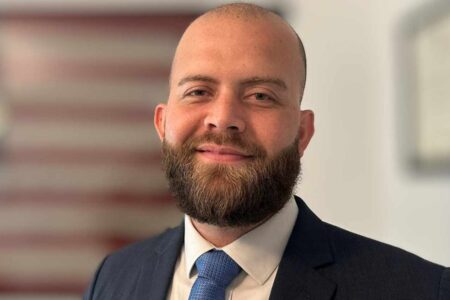
Share On Social!
Being the first major United States City to pass a soda tax, Philadelphia (14% Latino) now faces a legal battle with the American Beverage Association (ABA).
For Latino kids, who’s consumption of sugary drink is often higher than their white peers, this is a step back for the future of their health.
In fact, Latino kids are often targeted by media to drink more sugary beverages and junk food, leading them to consume unhealthy food and drink which often lead them toward diet-related health risks like heart disease, high blood sugar, and or diabetes.
Millions of dollars have already been spent on opposition from ABA to keep the soda tax measure from passing, but now ABA hopes to keep the tax from being implemented before it’s projected start date in January 2017.
Mayor Jim Kenny, who signed the bill into action explained to Fortune that he wasn’t surprised by the multi-billion-dollar soda industry’s pushback, as they had already spent 10 million dollars opposing the tax, but he believe’s the city will be successful in defeating the lawsuit.
Ninety million dollars a year is projected from the tax to help expand the city’s pre-k programs, improve parks, and improve libraries and recreation centers in the city.Defeating the lawsuit will mean increasing the chance for better health for low-income communities, who often face higher health risks of diabetes and obesity.
A local survey in Berkley, Calif., the first city to start a soda tax, showed that consumers, specifically low-income consumer, were already on a better health track, drinking less soda, and more water (63%), reported Fortune.
Studies show that most added sugars in a kids’ diet come from drinks like sweetened juices, teas, and sports drinks which still link to major health risks in teens and kids, especially Latino kids.
Ensuring healthier futures for all kids comes down to helping kids see the healthier choice as the easy choice.
Explore More:
Healthy Families & SchoolsBy The Numbers
142
Percent
Expected rise in Latino cancer cases in coming years



